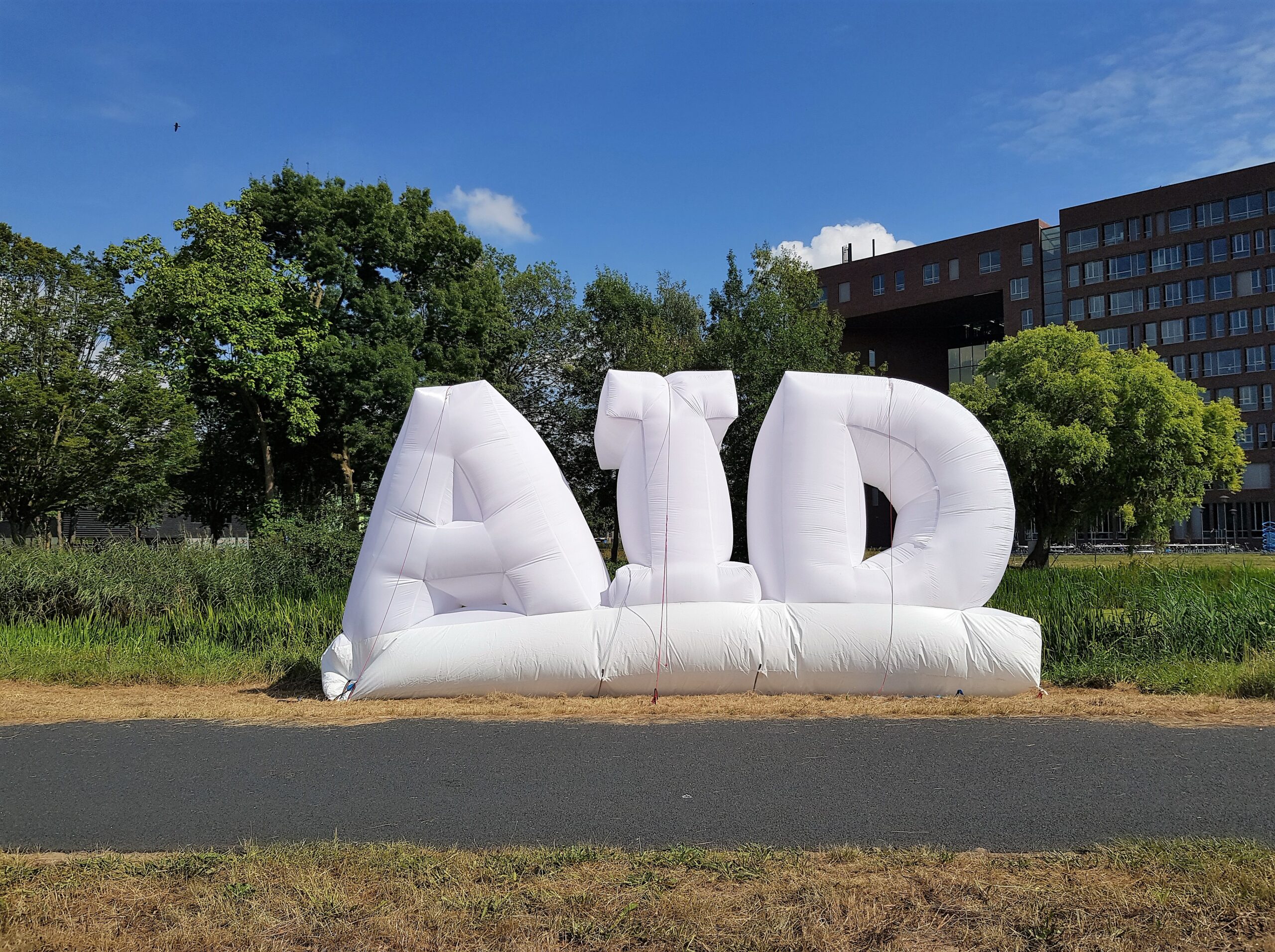Wageningen faces a resurgence of the coronavirus, with an increase in recorded cases from 1 to 20 in the last two weeks. This is reflected in the latest RIVM statistics. This number is almost equal to the number of infections recorded during the peak of the pandemic in Wageningen in April when 24 people were infected. However, significantly fewer tests were carried out at that time.
Quarantine
The resurgence coincides with the first-year students’ introduction weeks. Moreover, 17 out of the 20 cases are students. A further 70 students are in self-isolation. Linking the new cases to the introduction weeks may seem logical. Still, the AID activities are unrelated to the new infections, says GGD doctor of infectious disease prevention Kirsten Wevers. ‘As far as we can tell, the infections all occurred in student homes.’
As far as we can tell, the infections all occurred in student homes
Kirsten Wevers, GGD doctor of infectious disease prevention
The 17 cases among students can be subdivided into three independent groups. The first case was identified on Monday 17 August, a day before the start of the second AID-week. This case was identified through contact tracing elsewhere.
Mentors
In the course of that week, it became apparent that this student had infected a further five people, amongst which two AID mentors and an AID participant. The entire AID group was subsequently quarantined. Unrelated to this cluster, two other clusters of infected persons were reported, which includes AID participants. However, these cases were not identified until after the AID.
Wevers states that the first identified case was insufficient reason to cancel the AID. ‘At that time, there was only a single cluster, which we were monitoring closely. Moreover, the infection occurred in the home environment, and not during AID activities. There was no reason to cancel the AID.’
We discovered that students have more interactions than advised
Kirsten Wevers, GGD doctor of infectious disease prevention
Notwithstanding, the situation is cause for concern. On Monday, the university is to officially open the new academic year. Many students will return to town. ‘This worries us’, says Wevers. ‘We are monitoring possible further spreading of the infections closely. At present that does not appear to be the case. We are in contact with the students, who are very co-operative.’
Testing lane
Contact tracing also reveals that not everyone complies with the regulations. Wevers: ‘We discovered that students have more interactions than advised.’ Both the GGD, the municipality and WUR will impress upon students the need to comply with the measures. Additionally, a testing lane will be erected at the university sports centre De Bongerd to motivate Wageningen citizens to get tested sooner.

 Foto: Roelof Kleis
Foto: Roelof Kleis